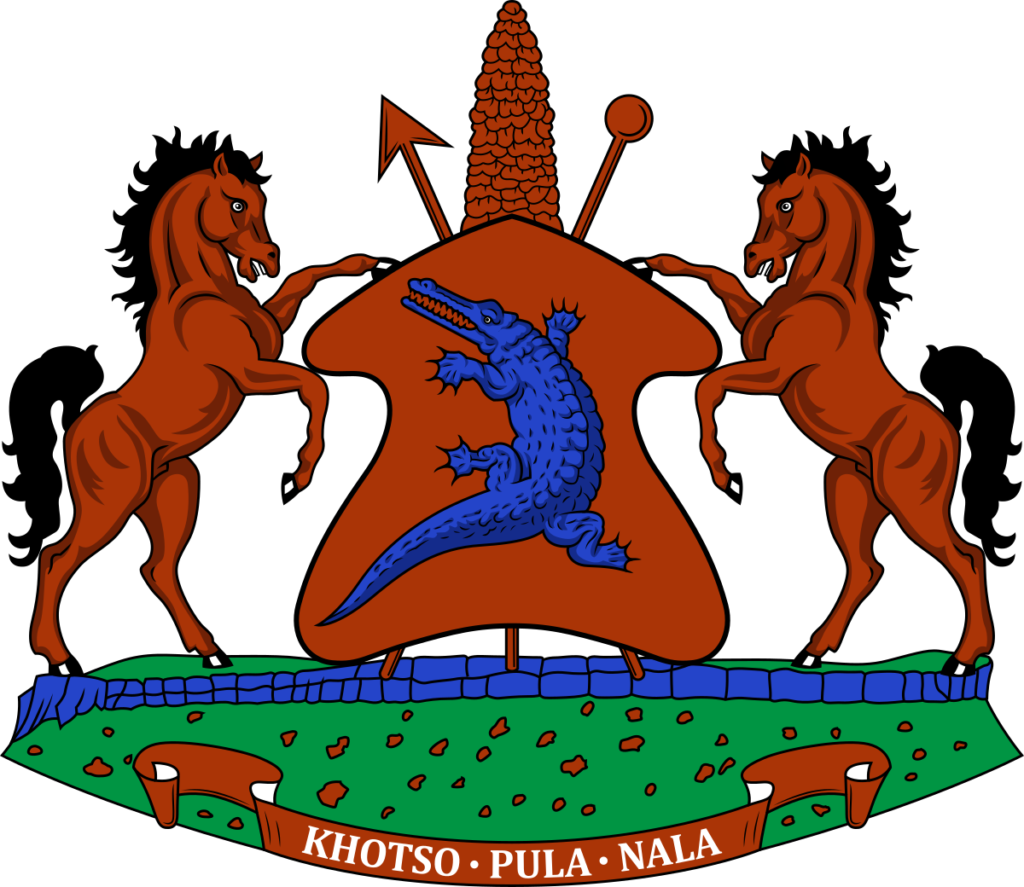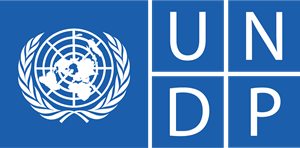My learned colleaques, today is a bit cold and I am a bit shocked because I appeared before God last night and moved an urgent application seeking a declaratory order to the effect that it be a little bit warmer today…that was for obvious reasons. It would seem that my application was dismissed with the cost of having to endure the coldness yet again today…
Distinguished Guests
My learned colleaques…
It is always an honour and a privilege to have the mother body of lawyers in the SADC region – The SADC Lawyers association engaging us in occasions of this nature and for us to be in forums where we can canvass issues which have to do with the assimilation of Human Rights. We have all seen the collapse of The SADC Tribunal and the many calamities incidental thereon and the vehement and contentious efforts that our mother body ventured into in protest against that action. This is to mention but a few of the many pivotal issues of concern in the region that the body has had to tackle. I had the privilege of being in attendance of one of the consultative meetings held in Johannesburg last year where the issue of the closure of the SADC Tribunal had clearly send shivers down the spines of all the member countries.
I am not going to be stereotypical and I am tempted to say this because when you invite a legal practitioner to speak on a very broad and somewhat romantic topic like Human Rights – you should know that his own scholarship will not have been sustained by the bits of broad reading which only earlier years at the Bar readily allowed. So I do not venture a scholarly theme and neither am I going to be a romantic demagogue.
On the other hand, I will otherwise strive to speak briefly about things that matter to the profession in so far as the notion of Human Rights is concerned, I shall do so, but only in part. Those of you who are public lawyers and scholars may not agree with it all. You may or may not agree with a perspective of my good friend whose name I consistently forget when he describes the output of African Courts in so far as interpretation of Human Rights is concerned in recent years as “evidenced by an atavistic sentimentality”, “outcome-based” and “mock-Solomonic”. But then we would all benefit if we all said so. Human Rights is a very nice and romantic concept, in fact it is clearly what most of us all aspire to taste and endure. But what exactly does it entail?
A good friend of mine whom I will introduce as Benjamin, grew up with me and he plied his trade as a common thief and he began his exploits stealing cellular phones and graduated to cars and later I learnt, he stabbed a few of his preys with a knife ‘commonly referred to in colloquialism as ‘Tri-Star’ and brandished a gun to the rest who crossed his paths. The man is very knowledgeable about his rights and he never forgets to inform the police officers about his ‘rights’ every time they collect him from his hiding spot. I know of my Catholic priest who once said: ‘It would seem that criminals are more knowledgeable about Human Rights than they are about Human Wrongs’. This factor always fascinates me because it is only when we are able to identify the social ills or should I say: ‘Human Wrongs’ that we may be able to glean and crystallize ‘Human Rights’. Do you share my inability to understand language like that, and the concern that it is inexact because the reasoning is not rigorous?
My proposed thesis is that this is not merely a matter of words, although as lawyers we know that there can scarcely be expressed thought without them. As Lord Hoffmann has written[1], our legal lives are, essentially an “intolerable wrestle with words and meanings”. Lord Bingham in his wonderful book on the rule of law emphasized that one of the first requisites for the rule of law is clarity of law.[2]
Human rights, are clearly basic to civilized existence and conceived primarily as protection against the tyranny of the majority even in a democracy because the ultimate hope for those rights lies in the democratic process. Equally importantly is the identification of Human Wrongs. As the majority of the people, whose rights are most frequently violated, are poor and deprived sections of the society, democratic process is the most potent and effective weapon for the protection of those rights. However, in spite of the claim of universality of human rights, their contents, perspectives and priorities differ from society to society. It needs to be recognized and accepted that protecting and promoting human rights sustains rule of law and political stability which is evidently a sine-qua-non of good governance.
It is now well accepted that any given State is primarily responsible for both formulating and enforcing polices relating to good governance and human rights. Unless human rights are made the focal point, good governance would remain only a distant dream. The rule of law is a higher ideal and it must be recognized by those governing the State that adherence to the rule of law is a sine-qua-non of any society that hopes to have stability and peace and achieve social equality.
Distinguished Guests
My learned colleaques…
We are all aware of the enormous inequities and injustices in the society. There is a new phenomenon which is geared towards the assimilation of socio-economic rights. We have seen it in the most progressive jurisdiction of our South African counterparts where public interest litigation is the order of the day. Most of the lawyers in private practice in this jurisdiction are not keen to explore public interest litigation because of both legal and economic constraints. There are virtually two reasons behind this, our common law does not endorse class actions and secondly, public interest litigation often requires one to facilitate litigation on a purely pro bono basis and lawyers in private practice are understandably not keen to venture into it. These two factors clearly hamper the assimilation of Human Rights to a large extent amongst many other impediments. But what I have always perceived to be the real challenge for most of us, particularly lawyers in private practice is the insufficient induction or orientation of the law enforcement officers to the values and dynamics of Human Rights. I will illustrate my point with a practical example.
Approximately two weeks ago, me and my colleague were in court representing 8 men (6 of whom I was representing) who are accused of treason and various other offences inclusive of an attempt to kidnap the former Prime Minister. We discovered that these men were shackled even when they were in their prison cells sleeping under the pretext that there was some intelligence information to the effect that there was a planned escape. This was notwithstanding the fact that they were within prison walls categorized as maximum security cells. We were struck with both puzzlement and shock and then initiated an application that the action be put to a halt forthwith. The said application was made and the learned judge made an order which was communicated to the prison officer in charge of the said accused persons in open court. The next day when proceeding with the matter in court, our clients informed us that they were still shackled when sleeping in their cells the previous day notwithstanding the order of court.
We bemoaned our disenchantment with the learned judge and the court was not amused, understandably because of the contemptuous nature of the conduct. The prison official in charge responded by asserting that his superiors at the Maximum security facility had highlighted that: ‘We do not act on verbal orders of the court, we act on formally written orders of the court.’ What we kept asking ourselves was: What is the real difference between a written order and a verbal order? We failed to ascertain any real difference. We were then in agreement that a lot more work needs to be done in educating law enforcement officers about the vitality of Human Rights in a democratic society. I cannot help it but recall yet another incident in an isolated case where a man who was equally accused of a somewhat similar offence had been tortured by the members of the defence force by being humiliated to such an extent that his genitals were painfully fondled with.
I represented the man in the Court of Appeal and he was given damages to the tune of M150 000.00. This remains as the most substantial amount of money given as damages for torture in this jurisdiction and the burden of effecting this payment lay on the taxpayer. I am inclined to bring the latter case to your attention in order to illustrate that the failure to observe Human Rights not only vitiates civil and political rights but it also has a bearing on the assimilation of socio-economic rights. If the state has to bear the cost of paying a man who was tortured by its own officials – it really means that something has to be done. The brutality of law enforcement officers has to be curbed by all means.
My learned colleaques
Distinguished guests
I will ask that today and tomorrow, as we reflect on issues centering on Human Rights, we should avoid being narrow-minded and stereotypical. We should inspire each other by advocating for lawyers who do not merely serve the interests of the elites in society. I am not suggesting that it is wrong for any lawyer to be focused on commercial and corporate clients. I am merely saying that it would yield unsavoury results for our society if we as the only profession under the sun that is capable of remedying the plight of the marginalized and poor neglect our moral duty and fail to advance their needs either through litigation or advocacy. I must be quick to admit that it is clearly an onerous task to carry out a public interest litigation which is geared towards assimilation of Human Rights, but I strongly and humbly believe that it is a worthy cause…
I am both humbled and indebted to you all…





